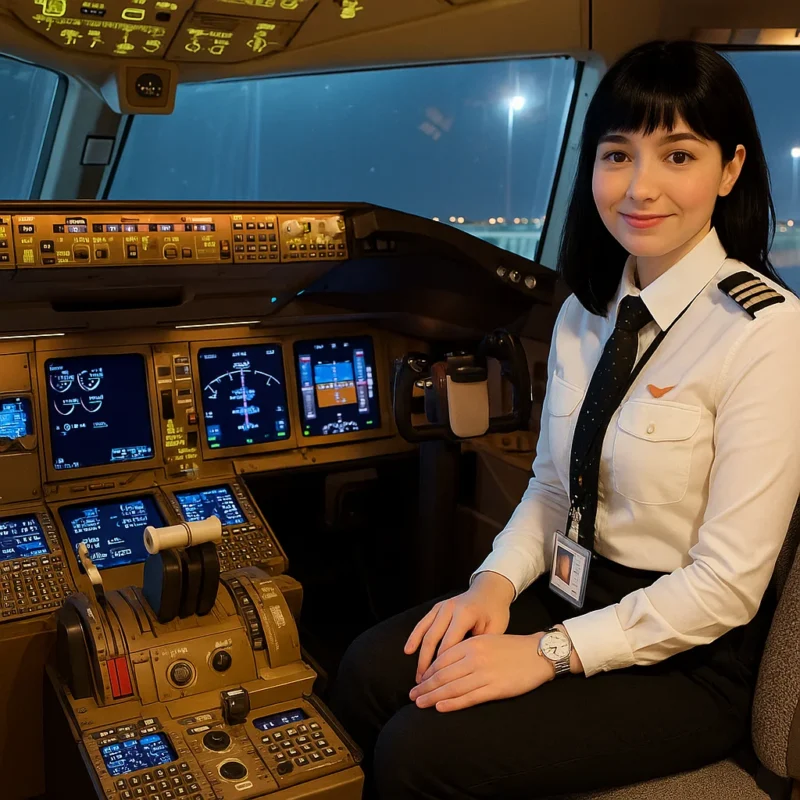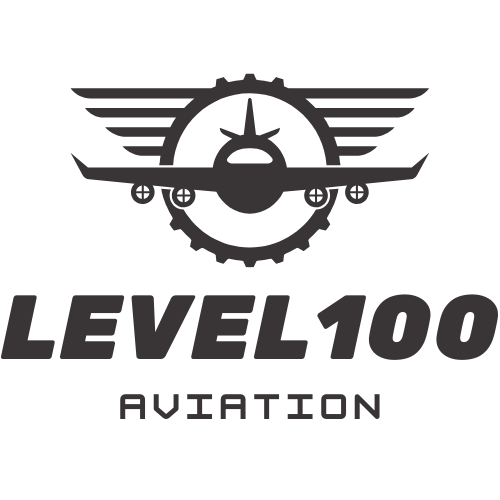ATR 72 Type Rating

ATR 72 Type Rating
The course offers in-depth training on aircraft systems, cockpit procedures, flight management, performance calculations, and safety protocols. It also includes critical modules such as Multi-Crew Cooperation (MCC) and the Jet Orientation Course (JOC) to prepare you for airline operations.

FLIGHT RADIO TELEPHONY OPERATOR LICENSE

AT LEAST 25 HOURS ON MULTI-ENGINE AIRCRAFT (10 HOURS MAY BE COMPLETED IN AN APPROVED SIMULATOR)

A VALID CPL (A) OR ATPL (A) ISSUED BY DGCA INDIA

RADIO TELEPHONY RESTRICTED (RTR)

MEDICAL LICENSE
Earning an ATR 72 Type Rating is a smart investment in your aviation career, offering a clear advantage in the competitive airline job market. The ATR 72 is a widely preferred aircraft in regional and short-haul operations, renowned for its fuel efficiency and adaptability. In India, it plays a crucial role in regional connectivity and is a key component of many domestic airline fleets. Internationally, the ATR 72 remains one of the most popular turboprop aircraft, with hundreds of units operating across numerous airlines. Its sustained global demand, especially for regional routes, makes the ATR 72 Type Rating a valuable qualification—opening doors to career opportunities both in India and abroad.
We provide ATR 72 Type Rating training as per DGCA India regulations, including MCC and JOC in a complete, job-ready program.
MCC – Multi-Crew Cooperation Course
The Multi-Crew Cooperation (MCC) Course is essential for commercial airline pilots, emphasizing teamwork, communication, and decision-making in a multi-crew cockpit environment. It prepares pilots to manage both normal and emergency situations by reinforcing effective coordination, checklist discipline, and mutual support.
Training is conducted on an ATR 72 Fixed Base Simulator, providing a realistic and immersive platform to master aircraft systems and operations in a multi-crew setting.
JOC – Jet Orientation Course
The Jet Orientation Course (JOC) bridges the gap between piston-engine aircraft and jet operations, focusing on the handling, systems, and performance characteristics of jets like the ATR 72.
This course enhances a pilot’s situational awareness and technical competence—key qualities airlines seek during recruitment. Many airlines consider JOC mandatory for selection, making it a crucial step in preparing for commercial jet operations.
Course Content
Theoretical Training Overview
Our comprehensive ground school covers all essential areas to ensure a strong foundation in ATR 72 operations:
Aircraft Systems: In-depth study of the airframe, engines, electrical, hydraulic, and flight control systems.
Flight Management Systems (FMS): Hands-on understanding of navigation, performance monitoring, and system operations.
Preflight Inspection: Detailed procedures for aircraft checks, safety protocols, and documentation requirements.
Cockpit Procedure Training (CPT): Step-by-step walkthroughs of takeoff, cruise, landing, and emergency operations.
Multi-Crew Cooperation (MCC): Training in teamwork, communication, and crew resource management (CRM) for effective cockpit coordination.
Jet Orientation Course (JOC): Preparation for jet aircraft handling, enhancing situational awareness and jet operation techniques.
Mass & Balance Calculation: Learning weight distribution principles and adjustments for flight safety.
Performance & Limitations: Interpreting performance charts and understanding operational limitations.
Aircraft Flight Manual (AFM): Familiarization with key aircraft documentation, procedures, and performance data.
Operational Procedures: Training in standard operating procedures (SOPs), emergency responses, and regulatory standards.
Obstacle Clearance: Techniques for calculating safe obstacle clearance during takeoff and landing phases.
